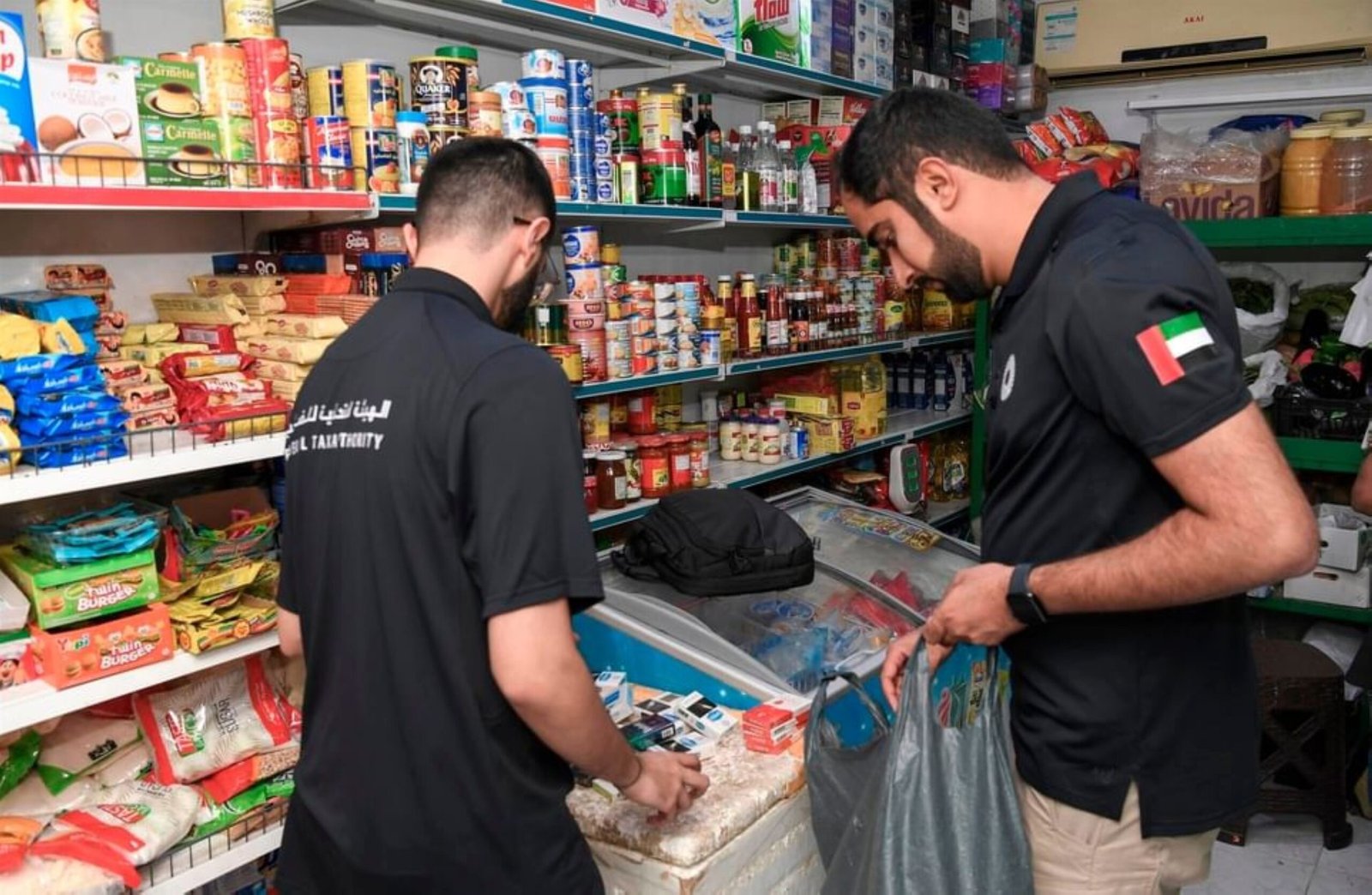
A recent major crackdown in Dubai has resulted in the seizure of a staggering 3.5 million illegal goods, with an estimated market value of Dh133 million. This bold enforcement effort marks a significant moment in the city’s ongoing battle against counterfeit products, commercial fraud, and trademark violations.
Dubai’s economic and consumer protection teams carried out a large-scale inspection campaign targeting unauthorized warehouses and distributors. Authorities uncovered stockpiles of counterfeit goods ranging from luxury fashion and accessories to electronics, auto parts, and cosmetics. The volume and value of this seizure make it one of the largest anti-counterfeiting operations in the region’s history.
The confiscated goods included:
Each product posed either a brand integrity threat or a public safety risk. Many of these items had deceptive packaging meant to mimic globally trusted labels.
Firstly, counterfeit products are more than just knockoffs—they pose real risks to consumers. Substandard materials can lead to safety hazards, especially with electronics, cosmetics, and auto parts.
Secondly, these goods undermine the rights of legitimate businesses and international brands operating in Dubai. The economic loss to brand owners can be significant, especially in a market known for luxury and authenticity.
Lastly, this crackdown sends a strong message to black-market suppliers that Dubai remains committed to consumer protection and intellectual property enforcement.
Consumers may unknowingly purchase fake goods, believing them to be authentic due to high-quality forgeries. This not only damages brand trust but can result in health and safety issues.
On the business side, legitimate retailers gain renewed confidence in operating within a protected, fair market. The crackdown is also expected to increase collaboration between authorities and brands to trace and report counterfeiting trends early.
This isn’t an isolated case. Dubai has intensified its monitoring systems, surveillance, and inspection frequency across free zones, ports, and e-commerce platforms. Efforts also include awareness campaigns that educate consumers on identifying genuine products and reporting suspicious items.
Moreover, increased use of digital tracking tools, QR verifications, and AI-enabled monitoring is helping enforcement teams stay ahead of illegal traders.
Q1: What kind of goods were seized in Dubai’s crackdown?
Items included fake designer goods, electronics, car parts, cosmetics, and unapproved health products.
Q2: How much were the goods worth?
Authorities valued the seized counterfeit items at approximately Dh133 million.
Q3: Why are counterfeit goods dangerous?
They often use low-quality, unsafe materials and can pose serious health or safety risks.
Q4: How does this benefit Dubai’s economy?
It protects legitimate businesses, supports fair trade, and reinforces the city’s global reputation for authenticity.
Q5: What can consumers do to avoid buying fake products?
Always buy from authorized retailers, check product authenticity tools like QR codes, and report suspicious sellers.